Countries say Afghanistan hurtling toward collapse
A top Swedish official says Stockholm would not channel development aid through the Taliban, even as he warned that Afghanistan is on the brink of an economic "collapse."
“The country is on the brink of collapse and that collapse is coming faster than we thought," Swedish Development Minister Per Olsson Fridh told Reuters on Saturday.
He warned the current economic crisis could provide an environment for terrorist groups to thrive, but that Sweden would not channel money through the Taliban.
The 27-country European Union, which includes Sweden, has increased humanitarian aid to Afghanistan since the Taliban took over in August but has halted its development assistance.
Fridh said Sweden will boost humanitarian contributions through Afghan civil society groups.
Many other countries and multilateral institutions have also halted development assistance to the country, citing reluctance to engage with the new Taliban rulers.
Pakistan, however, said direct engagement with the Taliban was the only way to prevent a humanitarian catastrophe in Afghanistan.
Pakistani Information Minister Fawad Chaudhry said on Saturday that engagement with the Taliban would encourage the protection of human rights and the establishment of an inclusive, constitutional government.
He also called for the release of billions of dollars worth of Afghan assets that have been frozen overseas.
“We are going to push Afghanistan into chaos or are we going to try and stabilize the country?" he asked.
Chaudhry said it was time the United States, China and other major powers set out a framework for formal recognition of Afghanistan's new rulers, and for the removal of United Nations sanctions on the Taliban.
Afghanistan needs urgent international action to support millions of people struggling with rising hunger and the collapse of services.
The Taliban's efforts to stabilize the situation have been undermined by international sanctions, as banks are running out of cash and civil servants are going unpaid.
The new rulers have warned Western diplomats that insisting on sanctions as a means to pressure their governance could undermine security and trigger a wave of economic refugees.
The Taliban took power in Afghanistan in mid-August, as the US was in the middle of a chaotic troop withdrawal from the country. They announced the formation of a caretaker government on September 7.
The militant group first ruled Afghanistan from 1996 to 2001, when the United States invaded the country and toppled the Taliban-run government on the pretext of fighting terrorism following the September 11 attacks in the US.

Deadly bombing attack targets Taliban ministry building in Kabul
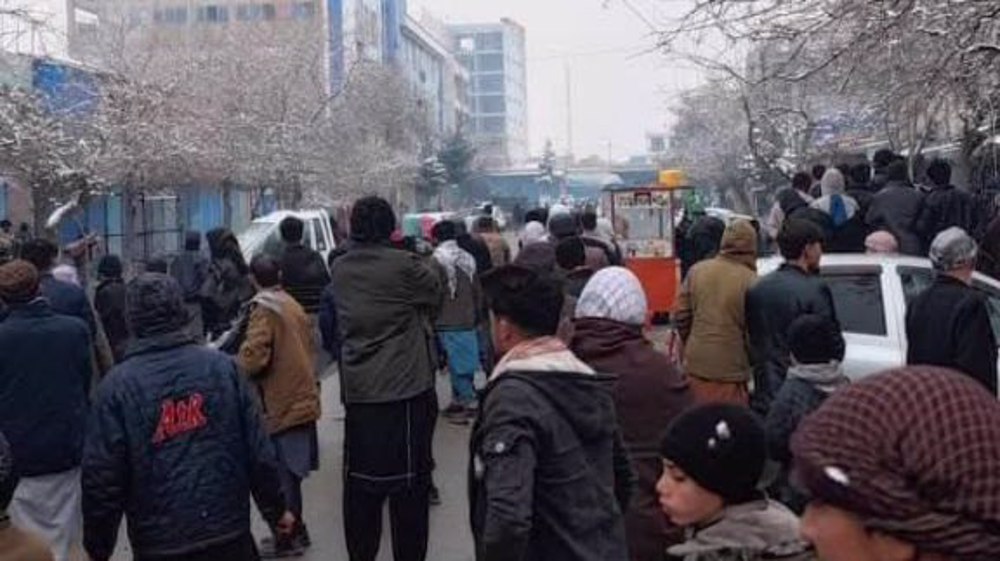
Daesh claims deadly bombing attack in northern Afghanistan
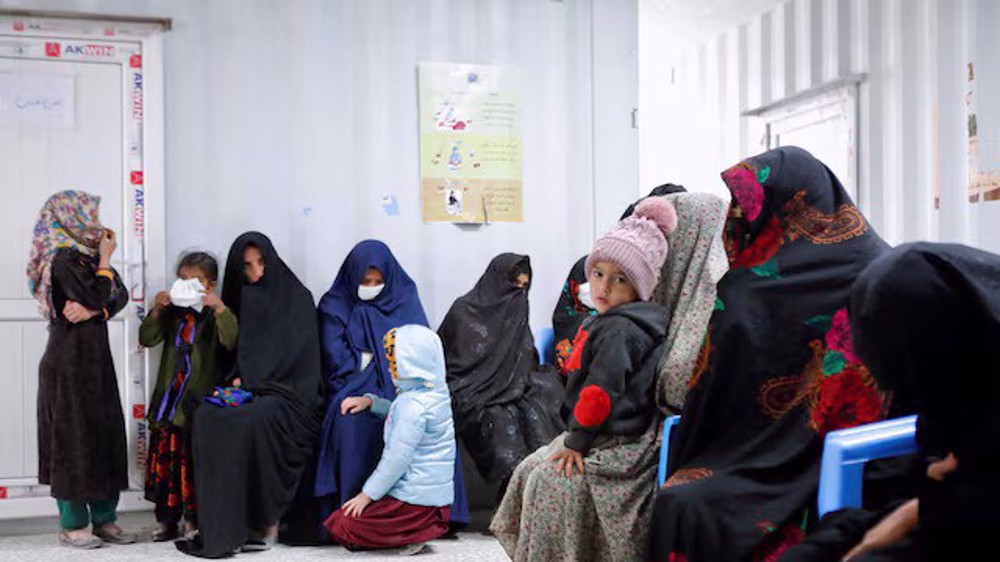
UN warns of rise in maternal deaths in Afghanistan due to US funding pause
Iran releases 1st video of Israeli-linked ship seized last April
Israel threatens to attack city near Syria’s capital
We won’t let Netanyahu sacrifice captives: Families
Egypt reaffirms ‘unwavering support’ for Palestinian cause ahead of emergency Arab Summit
VIDEO | Press TV's news headlines
Iran to keep current subsidized exchange rate in next year's budget
Iran will change military tactics, techniques based on threats: Top Cmdr.
Israeli bulldozers demolish homes in West Bank; Hamas urges UN to stop 'war crimes'



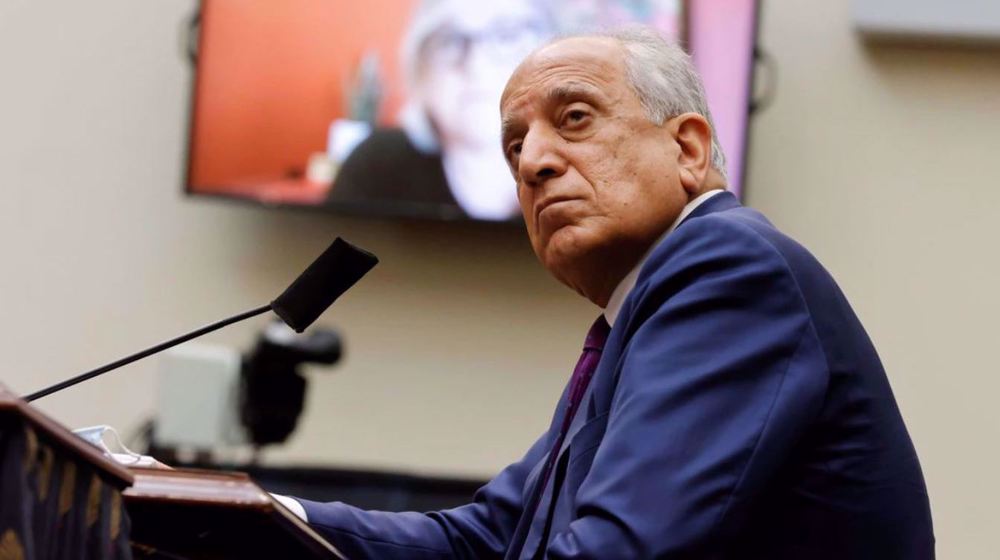
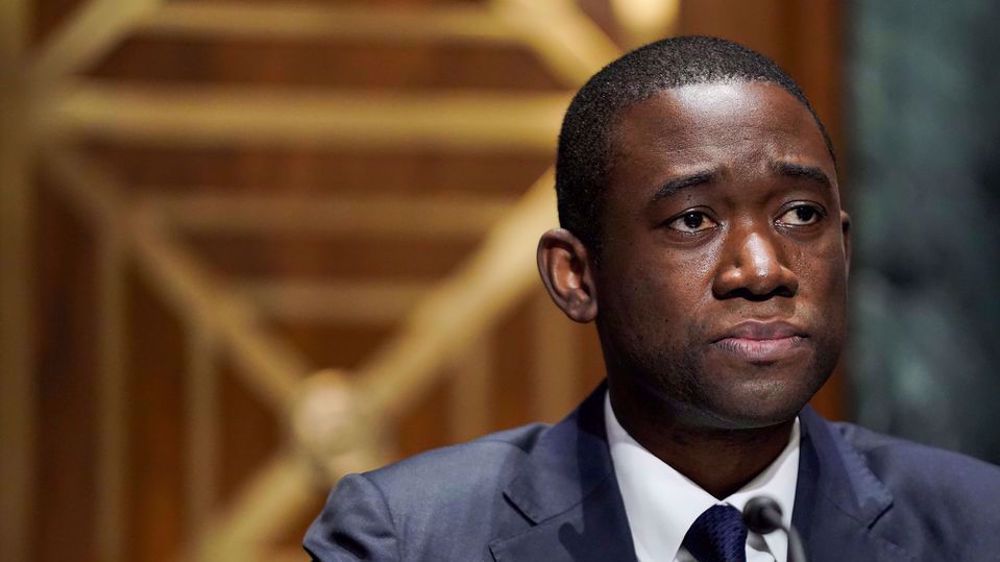



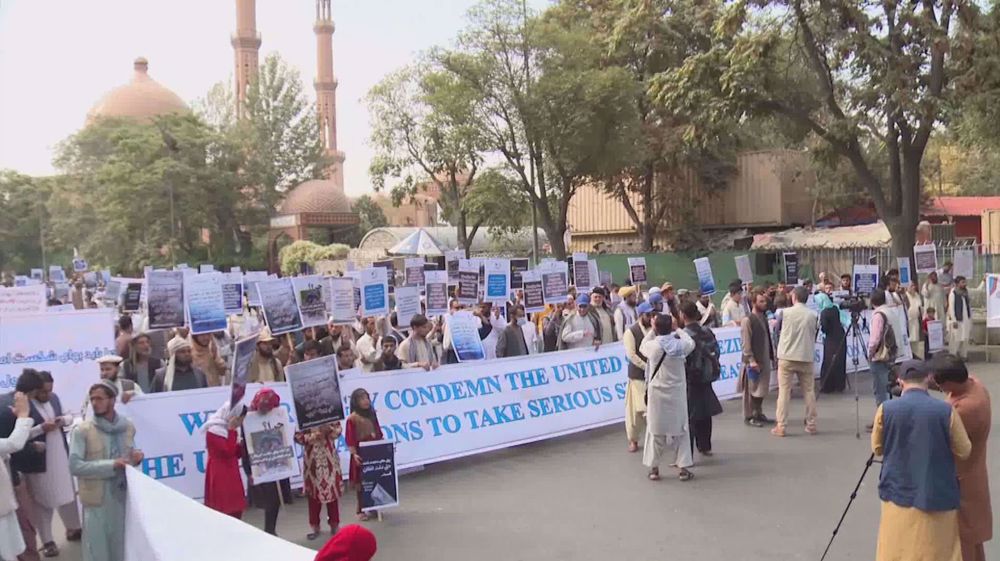


 This makes it easy to access the Press TV website
This makes it easy to access the Press TV website